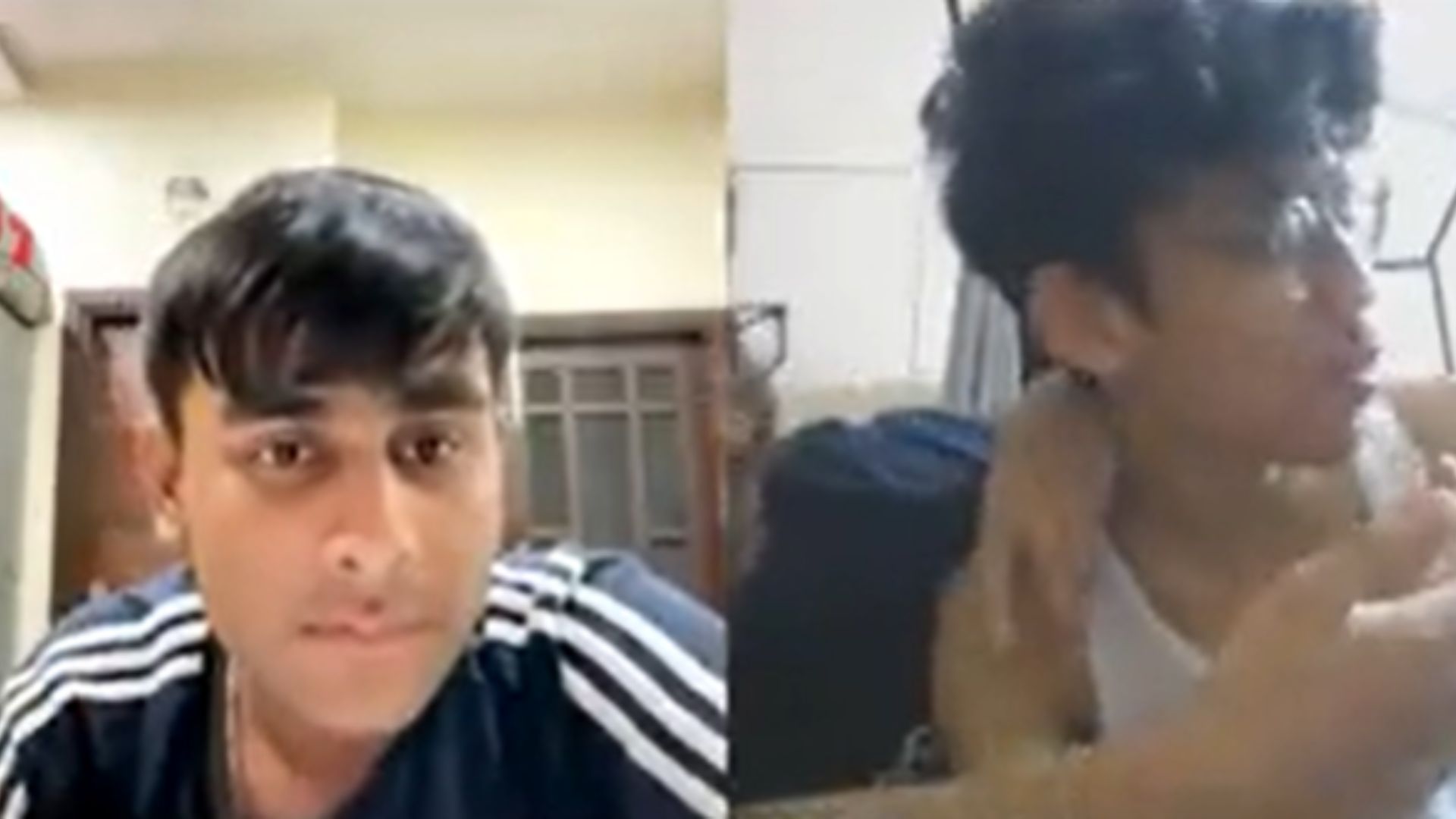
The World Health Organization (WHO) has declared Mpox, formerly known as monkeypox, a public health emergency of international concern (PHEIC) due to a recent surge in cases in Africa. However, health ministry officials in India have assured that the risk of an Mpox outbreak in the country remains very low.
According to a report by PTI, the last confirmed case of Mpox in India was reported in March this year from Kerala. Since 2022, India has recorded a total of 30 laboratory-confirmed cases of the viral infection.
An official from the health ministry stated, “Currently, the risk of a surge in monkeypox cases in India is very low, and there is no immediate cause for panic.”
In light of the WHO’s global alert, the Indian health ministry is considering issuing advisories to key entry points such as airports and seaports. These advisories will emphasize vigilance and readiness to handle suspected cases in line with existing protocols, which include isolation and treatment measures to prevent the spread of the virus.
Union Health Minister Jagat Prakash Nadda is scheduled to convene a meeting on Saturday with officials from the health ministry, the National Centre for Disease Control (NCDC), and the Indian Council of Medical Research (ICMR) to review the current situation and reinforce necessary precautions.
India’s guidelines for managing Mpox, established in 2022, specify that the virus primarily spreads through large respiratory droplets requiring prolonged close contact. It can also be transmitted via direct contact with bodily fluids or lesion materials, and indirectly through contaminated clothing or linens.
The global situation has led several countries, particularly in Europe, to raise their alert levels. The European Centre for Disease Prevention and Control (ECDC) has upgraded its risk assessment for Mpox to “moderate” from “low” following the detection of a new strain in Sweden, marking the first case outside Africa.
Despite the heightened global concerns, the WHO has advised against imposing travel restrictions. In response, countries such as China and Pakistan have implemented monitoring measures for incoming travelers to manage potential risks.















